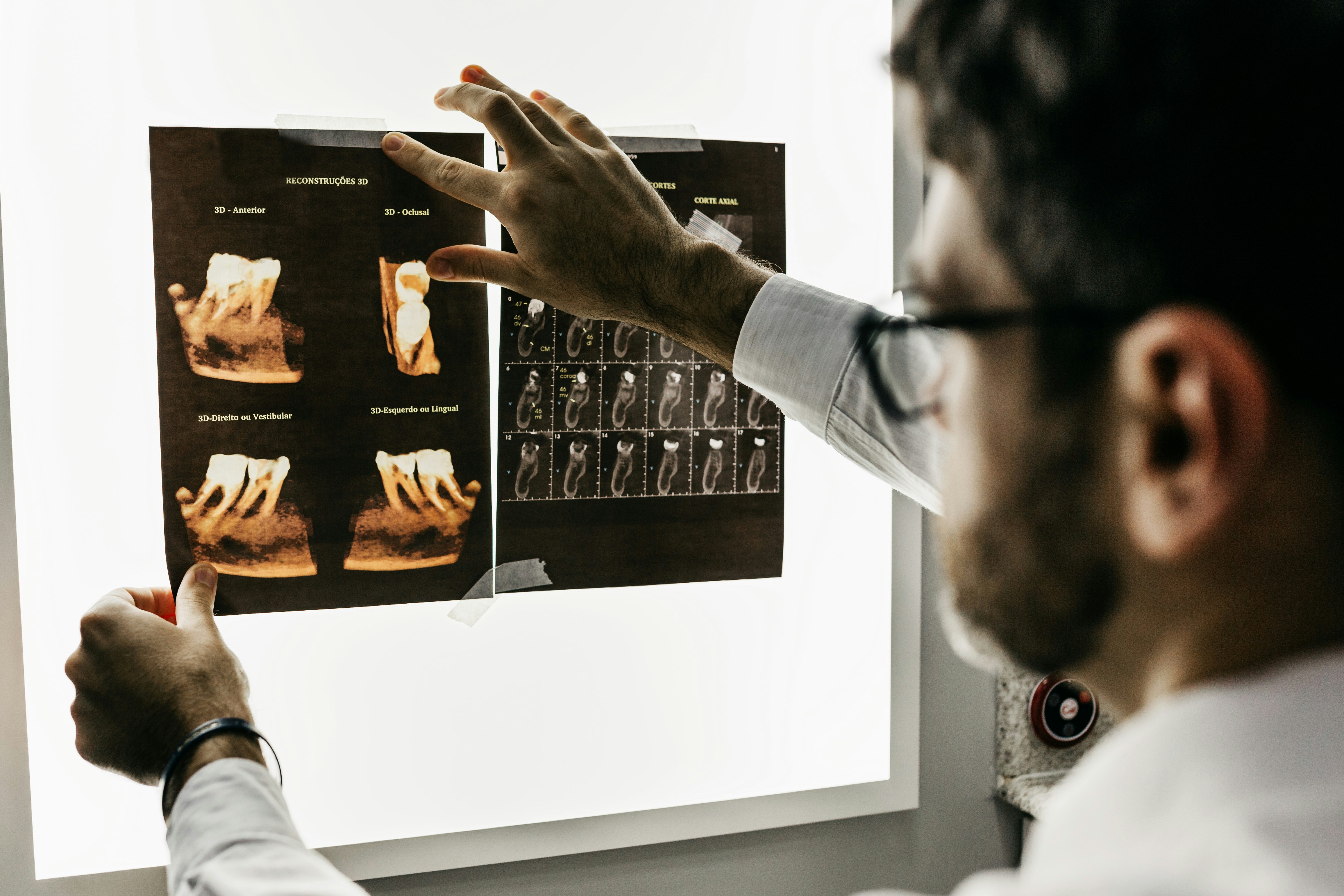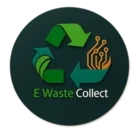Contents
ToggleHow to Recycle Medical Devices Safely and Responsibly
Medical devices are essential to modern healthcare, but once they reach the end of their lifecycle, they become a complex type of electronic waste. Learning how to recycle medical devices correctly helps protect the environment, ensures regulatory compliance, and supports sustainable healthcare practices.

What Does It Mean to Recycle Medical Devices?
To recycle medical devices means safely collecting, decommissioning, and processing used or obsolete medical equipment in a way that protects public health and the environment. Unlike general e-waste, medical devices may contain sensitive data, hazardous materials, or contamination risks.
Proper recycling involves decontamination, secure data destruction, material separation, and environmentally compliant recycling processes.
Why Recycling Medical Devices Is Important
Medical devices often contain valuable materials such as copper, aluminum, stainless steel, and high-grade plastics. When these materials are not recycled properly, they can contribute to landfill pollution and environmental harm.
Recycling medical devices helps reduce electronic waste, conserve natural resources, and support sustainability goals across the healthcare sector.
Which Medical Devices Can Be Recycled?
Many types of medical and laboratory equipment can be recycled safely through licensed facilities. Common recyclable devices include:
- Patient monitoring systems
- Diagnostic and imaging equipment
- Laboratory instruments
- Infusion pumps and electronic accessories
- Non-radioactive medical electronics
Single-use devices usually require specialized handling, while reusable electronic devices are more commonly accepted for recycling.
Key Challenges in Medical Device Recycling
One of the biggest challenges when recycling medical devices is contamination. Equipment may be exposed to biological or chemical substances and must be properly cleaned before recycling.
Another major concern is data security. Many medical devices store patient or operational data, making secure data erasure an essential step in the recycling process.
How to Recycle Medical Devices Safely
A safe medical device recycling process begins with identifying obsolete or non-functional equipment. Devices should be powered down, batteries removed, and all data securely erased before collection.
Healthcare facilities should always work with certified recyclers that follow environmental and healthcare regulations. This ensures that devices are recycled legally and responsibly.
You can learn more about professional medical equipment recycling services on our dedicated page: Medical Equipment Recycling Services
Environmental Benefits of Recycling Medical Devices
Recycling medical devices significantly reduces the need for raw material extraction, which is both energy-intensive and environmentally damaging. Proper recycling also prevents hazardous substances from contaminating soil and water.
According to environmental authorities, responsible e-waste recycling plays a key role in reducing greenhouse gas emissions and supporting a circular economy.
For more information on global e-waste regulations, visit: U.S. Environmental Protection Agency – Electronic Waste
Regulatory Compliance and Medical Device Recycling
Medical device recycling is regulated under environmental and healthcare waste laws in many countries. These regulations require proper documentation, certified handling, and traceable disposal methods.
Working with licensed recyclers ensures compliance with these regulations and helps healthcare organizations avoid legal and environmental risks.
The Role of Certified Medical E-Waste Recyclers
Certified medical e-waste recyclers specialize in safely dismantling and processing healthcare equipment. They follow strict protocols for decontamination, material recovery, and secure disposal.
Partnering with experienced recyclers allows healthcare facilities to recycle medical devices with confidence and transparency.
Building a More Sustainable Healthcare System
As healthcare technology continues to evolve, the volume of retired medical equipment continues to grow. Choosing to recycle medical devices responsibly is a practical step toward a more sustainable healthcare system.
By adopting proper recycling practices, healthcare organizations can reduce environmental impact while supporting ethical and compliant waste management.
Recycling medical devices is not just about disposal—it is about protecting people, data, and the planet.
